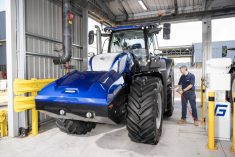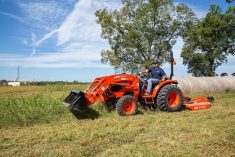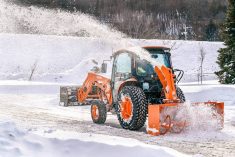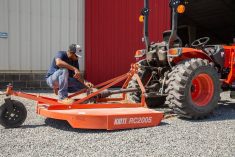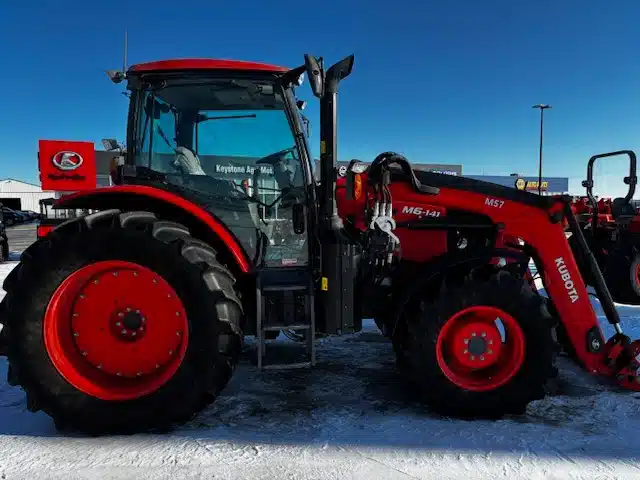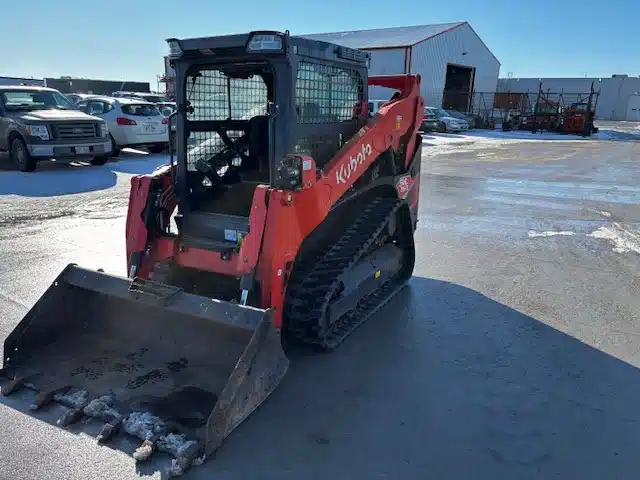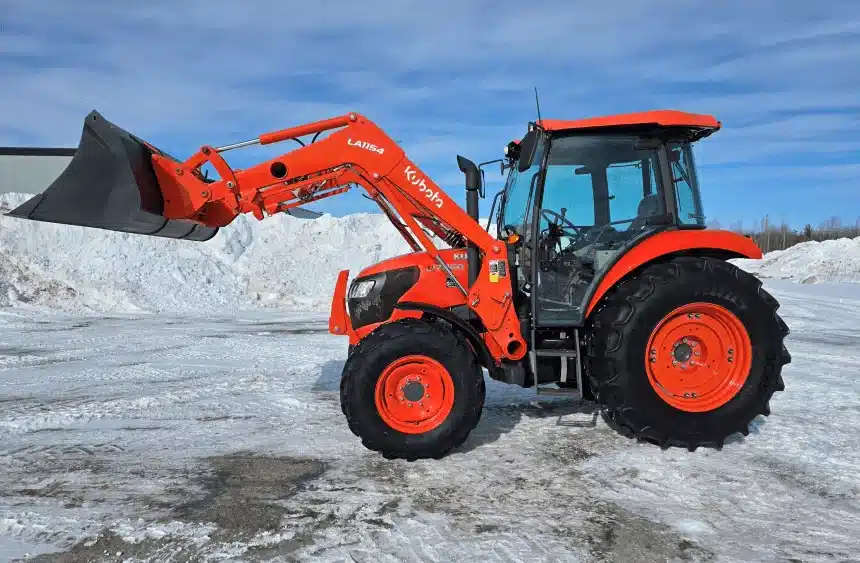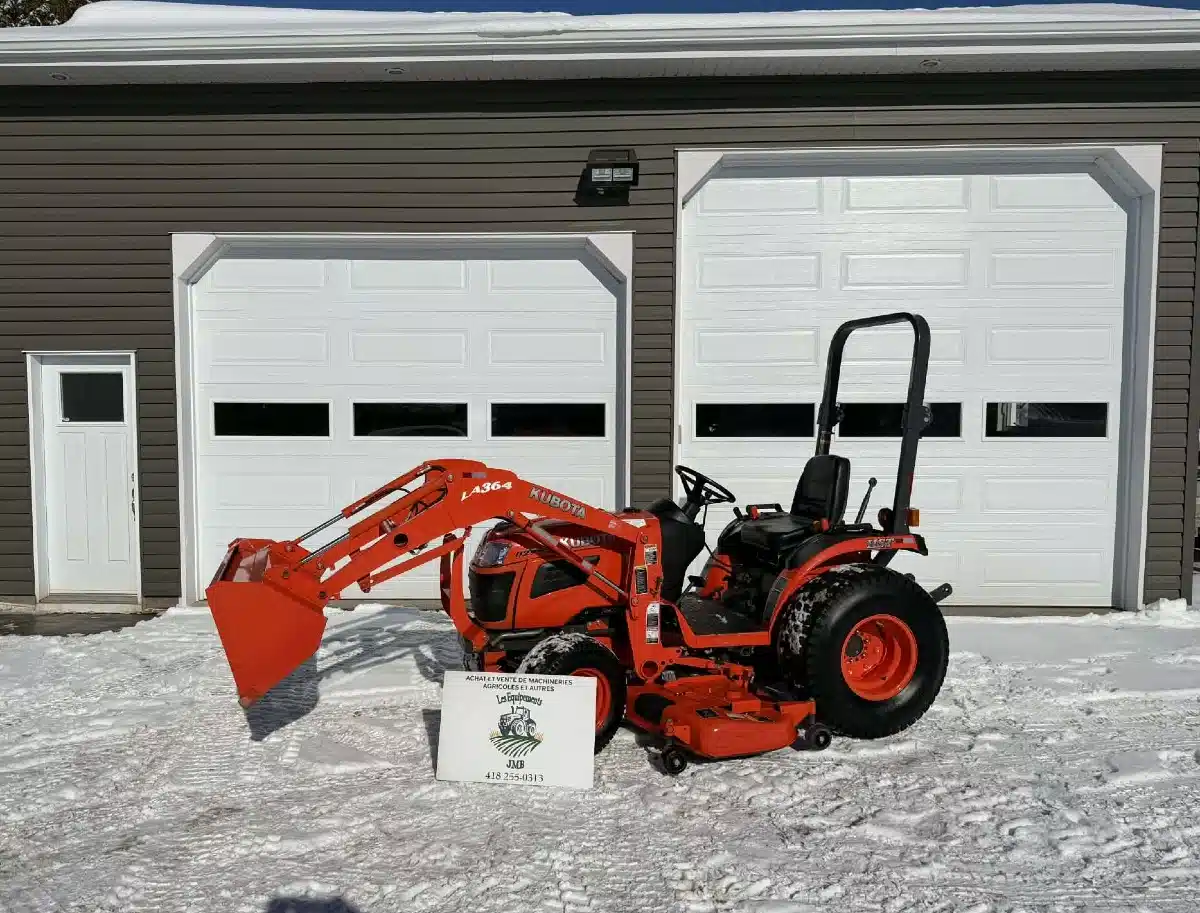While the majors such as CNH, Deere and Agco have long warned that farmers shop in the grey market entirely at their own risk, Kubota went so far as to get a government-enforced ban on such imports into the U.S. market.
In February 1996, Kubota filed a complaint with the U.S. International Trade Commission, in which it said the imports of certain light-duty (under 50 horsepower) Kubota tractors from Japan infringed on four federally registered Kubota trademarks in the U.S.
That’s right: to prevent a bunch of third-party companies from shipping Kubotas built for Japanese farmers over to buyers in the U.S., Kubota had to show how Kubota tractors violated Kubota trademarks.
Read Also
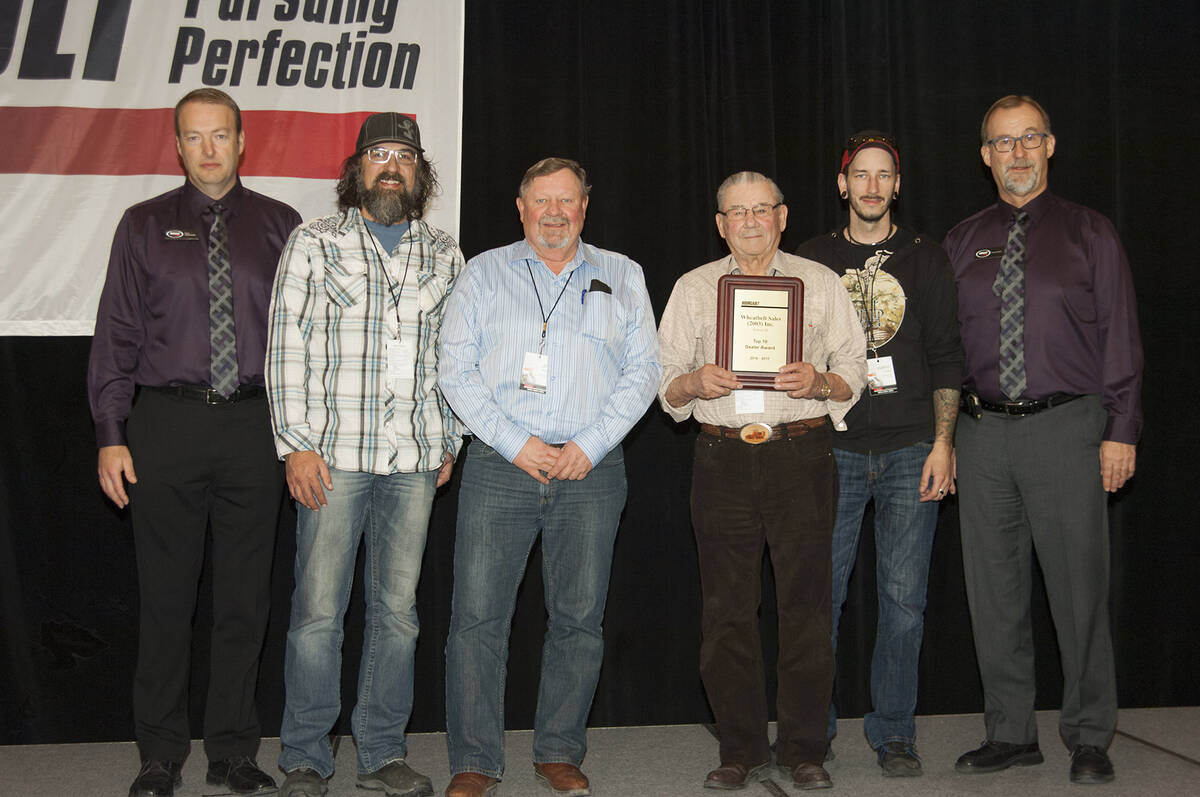
How a single-store family-owned ag equipment dealership prevails
A family-owned, single-store farm equipment dealership is increasingly rare. But the Sowa family at Wadena, Sask., say they have no plans to change thebusiness model.
The ITC, during its hearings later that year, ruled that the grey-market Kubotas brought over from Japan had a level of “material difference” from the versions authorized for sale in the U.S. market “sufficient to establish a likelihood of consumer confusion.”
As a remedy, the ITC issued what it calls a “general exclusion order,” preventing the unauthorized grey-market entry of under-50-hp Kubota tractors into the United States, for as long as Kubota continues to hold the relevant U.S. trademarks. It also slapped 11 cease-and-desist orders on the third-party companies moving those units into the U.S.
As Kubota says today, the exclusion order — in effect in the U.S. since the end of April 1997 — was sought “because the unauthorized importation, distribution and sale of Kubota ‘gray market’ tractors by individuals or companies independent of Kubota adversely affected Kubota’s reputation in the United States and with the United States consumer.”
The grey-market tractors, Kubota says, “are not ordinarily equipped with important safety equipment such as (rollover protection systems) and seatbelt, PTO shield, safety decals, or operator’s manual.”
A grey-market Kubota tractor can also be identified by the absence of any English-language safety or operation labels, the company says. If the unit has a serial number plate, the information on it is in Japanese. The tractors may also have Japanese rice paddy tires with much higher thread lugs than U.S. ag tires, and some models may also have no overrunning PTO clutch.
And, as other manufacturers will tell you about the grey-market units bearing their brands, Kubota won’t provide parts, service or warranty support for them, and the company and its authorized U.S. dealers “bear no responsibility whatsoever” for those units. — D.B.




